Ansarullah leader condemns burning holy Quran, calls for economic sanctions
The leader of Yemen's Ansarullah resistance movement has strongly condemned the crime of burning the Holy Quran in Europe and emphasized the need for Muslims to take a stand against the war against Islam.
According to al-Masirah TV, Seyed Abdul-Malik al-Houthi said in his Ramadan speech that those who stand behind these crimes and frequent attacks against Islamic sanctuaries are the Israeli lobby.
“Our religious attachment requires us to be angry and express our fury when they start a war with our religion,” he emphasized.
Referring to the materialistic nature of the West, al-Houthi said that the Muslim nation should confront them with the weapon of economic sanctions.
“We, as Muslims, should sanction all countries that have allowed the burning of the Holy Quran and have legally supported it, because sanctions are enough to deter the enemies and force them to stop insulting Islam,” he said.
The Ansarullah chief reiterated the importance of Muslim unity in punishing the countries that were involved in burning the Quran.
“If Muslims were united to seriously sanction the countries that were involved in the burning of the Holy Quran, these countries would refrain from doing it again and they would give up,” he concluded.
The frequency of insults against Islam and its holy book has been on the rise in Europe.
Several European countries have been playing host to such despicable acts on their soils over the past months, drawing far-and-wide condemnation from the world's Muslim countries.
In January, dual Danish and Swedish citizen Rasmus Paludan burned a copy of the Holy Quran in front of the Turkish embassy in Stockholm, and later again in front of a mosque.
Days later in the Netherlands, far-right extremist, Edwin Wagensveld, who leads the anti-Muslim PEGIDA party, tore a copy of the Quran apart before setting it on fire.
Most recently last week, members of a Danish far-right group, Patrioterne Gar Live, gathered outside Turkey’s embassy in Copenhagen, displayed anti-Muslim placards and burned a copy of the Quran along with the Turkish national flag, while broadcasting it live to their Facebook page.
The hateful act drew a sharp condemnation from Ankara the very next day, with the Turkish Foreign Ministry saying it will never accept such “vile actions being allowed under the guise of freedom of expression”.
Turkey was not alone in denouncing the act, aimed at hurting the sentiments of billions of Muslims across the world, as Iran, Qatar, Saudi Arabia, the United Arab Emirates (UAE), Jordan, Morocco and Pakistan have also voiced their condemnations.
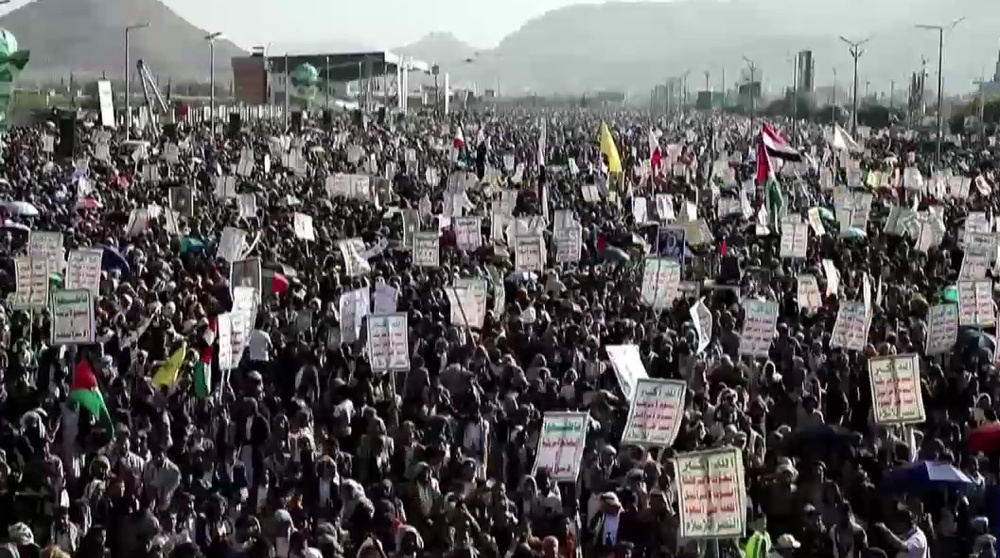
Mass protests in Yemen against Trump’s Gaza relocation plan
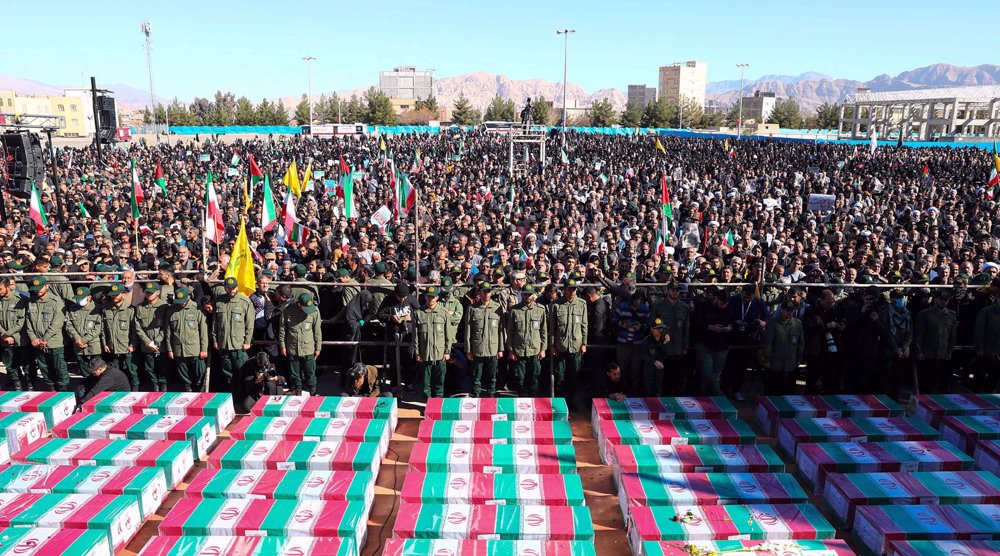
Iran at forefront of fight against al-Qaeda, Daesh, supports regional peace: Envoy
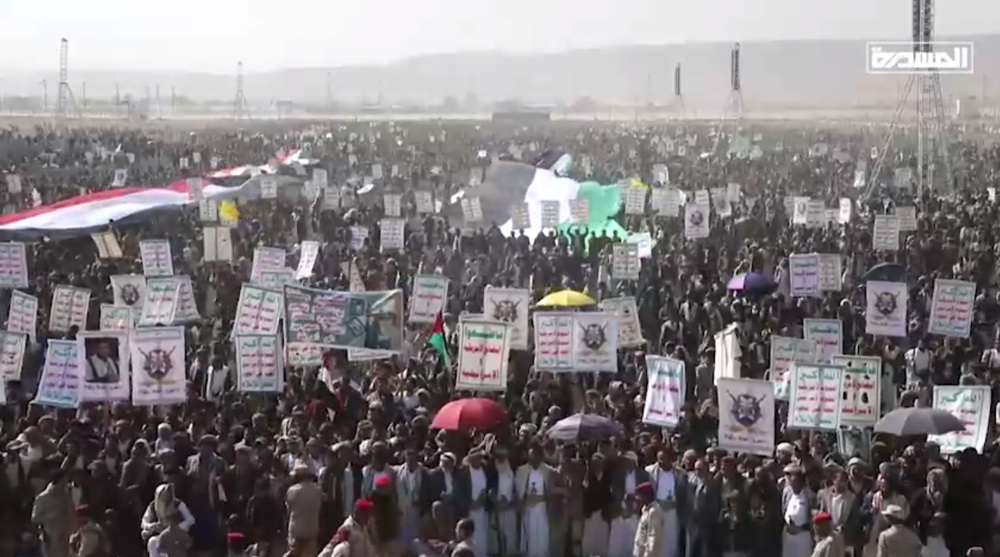
Yemenis rally en masse in support of Palestine, Axis of Resistance
VIDEO | Bahraini mourners hold symbolic funeral procession for late Hezbollah leader
VIDEO | Trump's plan for Gaza
Iran’s foreign minister, parliament speaker to attend Nasrallah's funeral
Iran: Russian FM due in Tehran in coming days for key talks
Electronic Intifada director’s violent arrest and MI6 infiltration into ‘neutral’ Switzerland
‘Nothing short of Kafkaesque’: Netizens react to arrest of pro-Palestine activist in Canada
'Enemy is wicked': 17-year-old Lebanese pager victim on life after losing eyes
Geothermal is Iran’s other potential energy game-changer



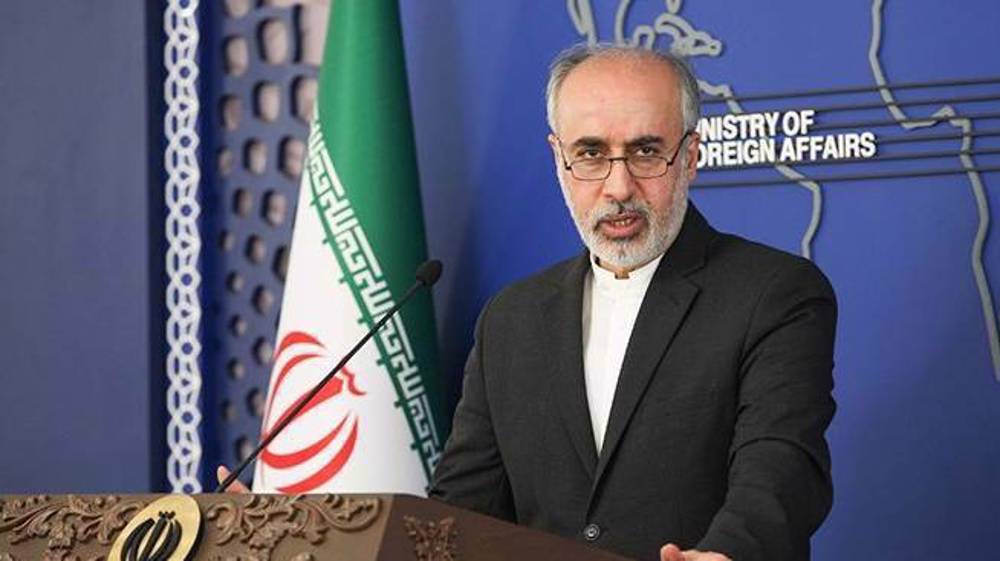



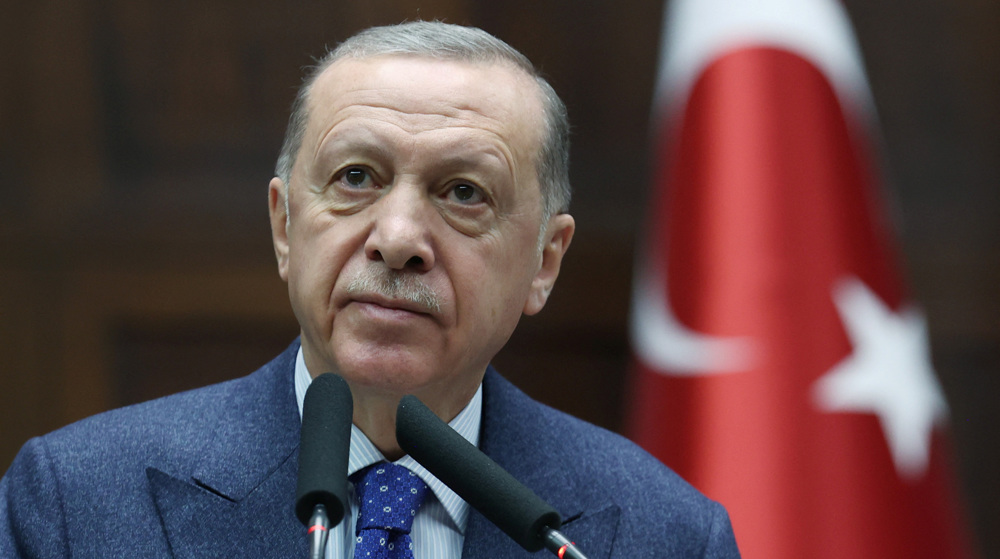

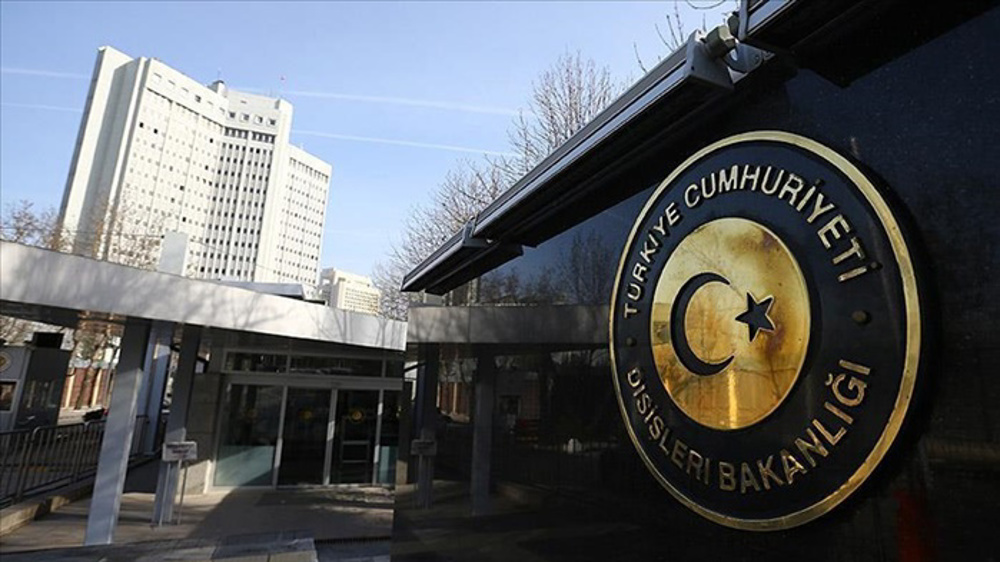

 This makes it easy to access the Press TV website
This makes it easy to access the Press TV website